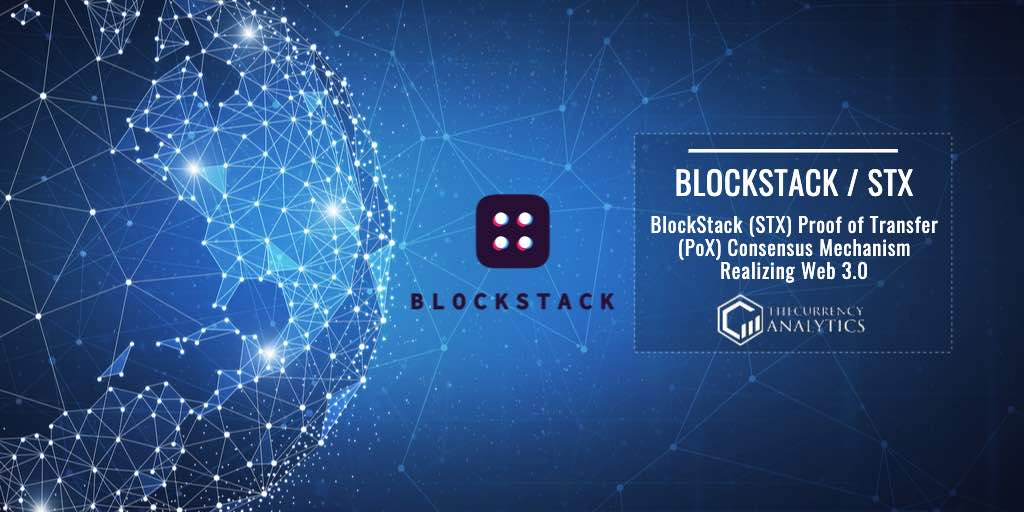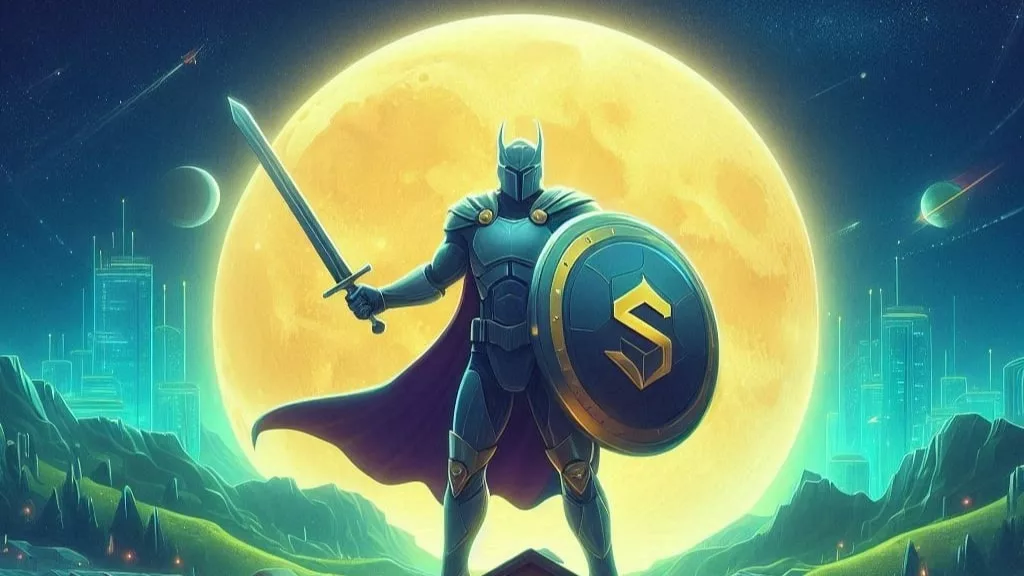
A decentralized computing era is where Blockstack is leading us to. Being a decentralized computing platform Blockstack gives users control over their data and identity. The apps which are built on blockstack make data breaches and trust violations old-fashioned.
There are more than 100 independent developer teams who have built apps on our platform. Blockstack has open-source software at the center core of everything. Some of the brightest minds in the industry contribute to blockchain computing.
PhDs in Distributed system, Advisors who have got presidential career awards, engineers, product designers, and growth experts contribute to the solid foundation and community building. Attorneys and accounting professionals ensure that the projects are in compliance with the changing regulatory environment. With the support of Pioneers in decentralized computing, blockstack has raised $50M.
New Internet Labs, Signature Fund, and App.co are notable Blockstack Ecosystem partners. The New Internet labs aids in building a Blockstack browser. Signature fund provides for the venture capital of decentralized apps. App.co provides for real-time funding for decentralized apps.
Muneeb Ali, Co-Founder, and CEO at BlockStack, recently retweeted: “I like the approach that @muneeb @blockstack are taking to web 3.0. You only need to convert energy to digital scarcity once on the most secure chain (Bitcoin) –> then use that to back a more functional blockchain (via proof of transfer).”
The Proof of Transfer mechanism has been devised to take advantage of the security of Bitcoin. This option allows complex interactions to take place between the stack holders and the stacks ecosystem.
Sydney Ifergan, the Crypto Expert, tweeted: “Rather than depending on the Proof of Work consensus, the Blockstack miners under the PoX consensus mechanism commit their BTC in circulation in the Blockstack ecosystem.”
The PoX method is the proof of transfer method as the users are committing their Bitcoin to the circulation in the ecosystem. PoX should not be mistaken for sidechain.
Being on PoX, miners only spend their Bitcoin in the process. They do not spend electricity, and there is no cost of mining like in PoW. This method resembles staking. Staking in simple terms is the process of holding funds in the cryptocurrency wallets to support the operations on the blockchain network. The locked tokens in the staking process as used to verify the transactions for the cryptocurrencies using the Proof of Stake consensus mechanisms. From the user perspective, in the staking process, users are paid interest for holding a coin. Technically, PoS is an alternative to PoW, and PoX is an alternative to PoS.
However, recently it has been reported that Blockstack has paused its App Mining pilot due to a range of challenges.
A post on the matter published, “Blockstack PBC will no longer run the App Mining program. We’re calling for a major overhaul of the App Mining program and not incremental improvements. Any new version of App Mining will be driven by individuals or entities other than Blockstack PBC and likely will not launch until Stacks 2.0 is operational.”




Get the latest Crypto & Blockchain News in your inbox.